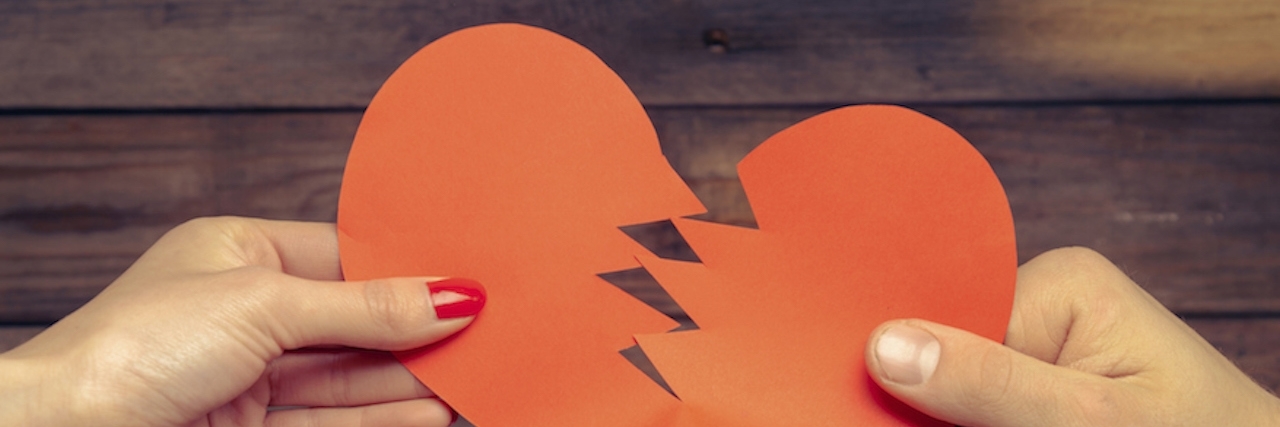Editor’s note: If you struggle with self-harm, the following post could be potentially triggering. You can contact the Crisis Text Line by texting “START” to 741-741.
Recovery is far from glorious, or beautiful, or amazing.
Recovery is three missed doctors appointment. It’s running nine miles because you can’t love yourself. It’s telling a stranger with a notebook about the pills you swallowed and about how you threw them up 28 minutes later.
My 17th birthday present to myself was scars. That’s recovery.
Recovery is a fractured process of fighting against what’s good for you and succumbing to help. It’s a mess of people who all get hurt in one way or another; it’s learning how to be a casualty in your own war.
It’s sitting in an unfamiliar room with chipped crown molding and terrible interior design, picking the skin off your fingers until they bleed, trying not to cry and dodging the important questions because you don’t feel ready.
I wasn’t ready. Sometimes it feels like I’ll never be. I hate recovery with every cell in my body and actively convince myself I don’t need it.
Recovery is trying to fall out of love with depression.
The first step isn’t admitting you need help; the first step is identifying the enemy. And a war is much easier to fight when you don’t cry every time you win a battle.
Depression both created and filled a void in my life. I know I wouldn’t be who I am today without it, but I also know I risk not being here tomorrow if it persists. How would I write if I had nothing to write about? Where would I have gotten my sense of compassion, care and understanding if I hadn’t spent so much time giving it to myself? How would I know how many scratches there are on the floor if I hadn’t spent so much time on it?
My psychiatrist labels it Stockholm syndrome: says I’ve figured out who this war is against, but that I need to stop loving the blood on my hands and the bruises on my knees. Says I know who the enemy is, but that I first need to stop loving it.
She says I need to love myself, too. That in the process of recovering, there must be forgiveness, recognition, reception. That in order to heal, there must be acceptance in losing parts of my personality and relief in gaining others.
Recovery is going to three doctors appointments a week. It’s running two miles or none at all. It’s writing “I want to be alive” in a notebook 28 times.
Recovery is far from glorious, or beautiful, or amazing.
But it is also very, very close.
If you or someone you know needs help, see our suicide prevention resources.
If you need support right now, call the Suicide Prevention Lifeline at 1-800-273-8255.

